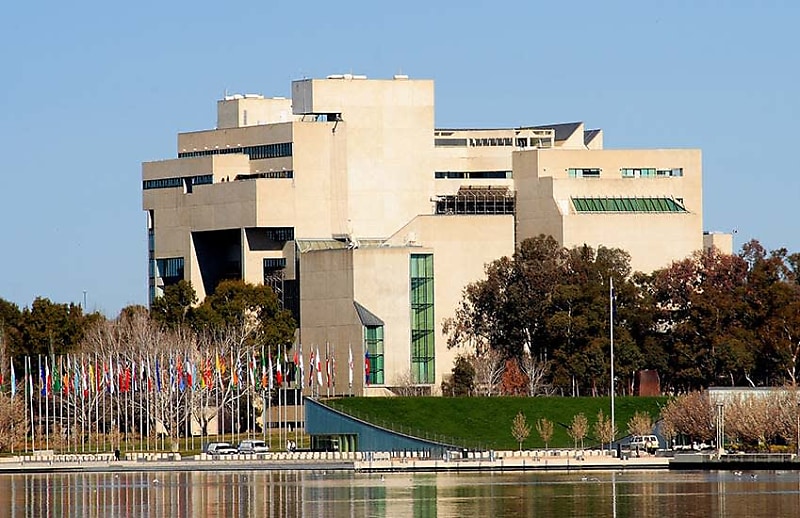ATO granted special leave to appeal Bendel dispute in High Court
TaxThe High Court has granted the Commissioner of Taxation special leave to appeal the Bendel decision, which challenged the ATO’s longstanding views on unpaid present entitlements.

The Commissioner of Taxation was granted special leave on Thursday (12 June) to appeal the Full Federal Court's decision in Commissioner of Taxation v Bendel [2025] FCAFC 15, which ruled in favour of taxpayer Steven Bendel.
The decision by the Full Federal Court was significant as it challenged the ATO's longstanding view about the tax consequences of unpaid present entitlements (UPEs) owing to corporate beneficiaries.
The Full Federal Court determined that a UPE arising from an entitlement to income of a trust was not a loan under Division 7A of Part III of the Income Tax Assessment Act 1936, contradicting the ATO's views set out in Taxation Determination TD 2022/11.
Senior advocate at The Tax Institute, Robyn Jacobson, said clients who control corporate beneficiaries that have an unpaid present entitlement (UPE) to a share of income from an associated trust would be closely watching the outcome of the appeal.
In a recent article, Jacobson said some trustees will need to make difficult decisions while they wait for the final outcome of the Bendel dispute.
"Trustees need to decide whether they will distribute trust income to corporate beneficiaries for 2024–25, and if so, whether those distributions will be paid in cash or remain UPEs," Jacobson said.
"Trustees and their advisers need to carefully consider the different outcomes of ‘doing nothing’ with the UPE (based on the FCAFC’s decision in Bendel) or managing the UPE as a complying Division 7A loan (based on the ATO’s position)."
ATO deputy commissioner Louise Clarke previously stated that the appeals process through the High Court was likely to be lengthy. She also ruled out the possibility of the ATO granting a blanket extension for lodgments for those companies affected by the decision pending the High Court appeal.
"It is not usual practice to grant lodgment deferrals as a matter progresses through the Courts," Clarke said in April.
The ATO has previously made it clear that it will maintain its views in TD 2022/1 until the High Court delivers its decision on the appeal.
Clarke also warned taxpayers that the basis on which private company beneficiaries deal with UPEs may have consequences under other integrity provisions in the tax law, including section 100A and subdivision EA.
The application of section 100A and subdivision EA, she stressed, was not dependent on the outcome of the Bendel High Court process.
"So, in this regard, we consider that there’s a clear pathway for taxpayers who don’t wish to risk potential exposure to other integrity provisions, regardless of the outcome of the current High Court proceedings," she said.
If a taxpayer has been following the ATO guidance and continues to do so, Clarke said they would have certainty regardless of the outcome of the court proceedings.
"That is, they will not be facing the prospects of a deemed dividend or potential application of other integrity provisions."




